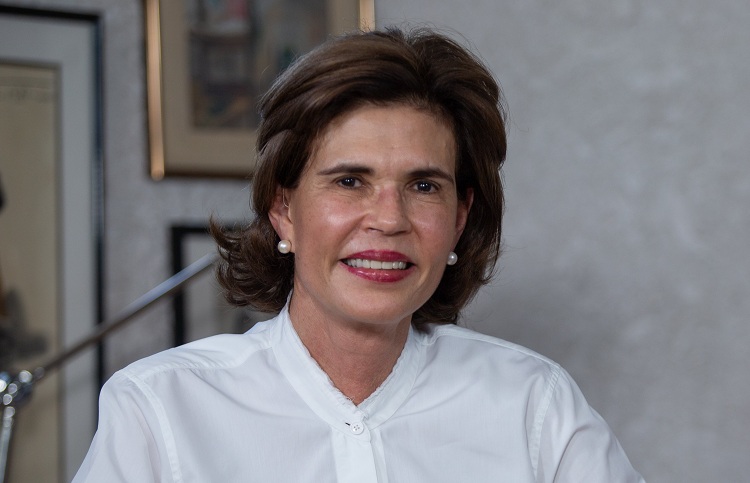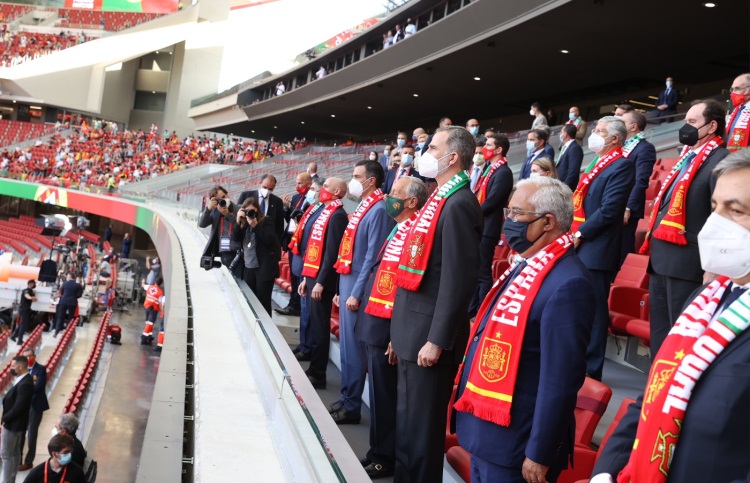The Diplomat
The Spanish government yesterday expressed its “concern” over the arrest and disqualification of the pre-candidate and president of the Violeta Barrios Foundation, Cristiana Chamorro Barrios, who is the opposition’s main asset to overthrow the president of Nicaragua, Daniel Ortega, in next November’s elections.
In a statement, the Executive of Pedro Sánchez also denounced “the continuous harassment of journalists and independent media in Nicaragua” and warned that “these serious facts and the current political dynamics reduce the spaces for dialogue and coexistence in Nicaragua and put at risk the democratic legitimacy of the general elections of next November 7”. “These measures must be reversed, putting an immediate end to the detention of Mrs. Chamorro and vacating her home, as well as guaranteeing the free exercise of the fundamental rights of all citizens and social and political actors”, it concluded.
The Nicaraguan National Police raided this past Wednesday the home of the opposition leader after a judge ordered her arrest. The Public Prosecutor’s Office accused Chamorro the day before of the crimes of abusive management and ideological falsehood, in addition to money laundering, property and assets, for her role as head of the Violeta Barrios de Chamorro Foundation. The opposition leader is isolated and under house arrest, according to her brother, journalist Carlos Fernando Chamorro.
Cristiana Chamorro, daughter of Violeta Barrios de Chamorro – president of Nicaragua between 1990 and 1997 after defeating the first government of Daniel Ortega at the polls -, was arrested hours after going to the headquarters of the Citizens for Liberty (CxL) party to present her candidacy for the presidential elections. “I am not an official candidate and they intend to inhibit me. How afraid they are of change. United, Nicaragua will be a Republic again”, declared Chamorro herself in her Twitter account. The latest polls by the Cid Gallup firm, published on Friday last week, gave Chamorro 21% of the votes, making her the candidate with the best chance of defeating the president, Sandinista Daniel Ortega, who previously governed the country between 1979 and 1990 and is seeking a third consecutive term this year.
Last October, the EU Foreign Affairs Council decided to extend by another year, until October 15, 2021, the legal framework that allows it to impose sanctions on individuals or companies in Nicaragua for their responsibility in human rights violations or repression of civil society or democratic opposition in the country or for carrying out actions, policies or activities that undermine democracy and the rule of law. To date, the EU has sanctioned a total of six individuals in Nicaragua. The restrictive measures consist of a ban on travel to EU territory and the freezing of assets in the EU.







